"Free the Parthenon marbles imprisoned in a dark and narrow gallery of the British Museum", reads the headline of Le Monde's Rostrum on cultural debates and today it centred on the most well documented debate, the fragmented and continued division of the Parthenon Marbles. To read the entire article in English, follow the link here.
The debate of the Parthenon Marbles forcibly removed from the Parthenon, which still stands on the Acropolis in Athens, continues apace. According to the article in today's Le Monde this 'topical and thorny' continues to show the British authorities swimming against the tide, with restitutions and exchanges in other countries making their own timely headlines.
The 10 January 2022 ceremony held at the superlative Acropolis Museum, saw a fragment of the Parthenon frieze, which depicts a foot of Artemis, lent from the Antonio Salinas Museum in Palermo (Italy), reunited in Athens. This long-term loan was signaled by Greek Prime Minister Kyriakos Mitsotakis as an "important step" that paved the way for other museums to "follow the same path."
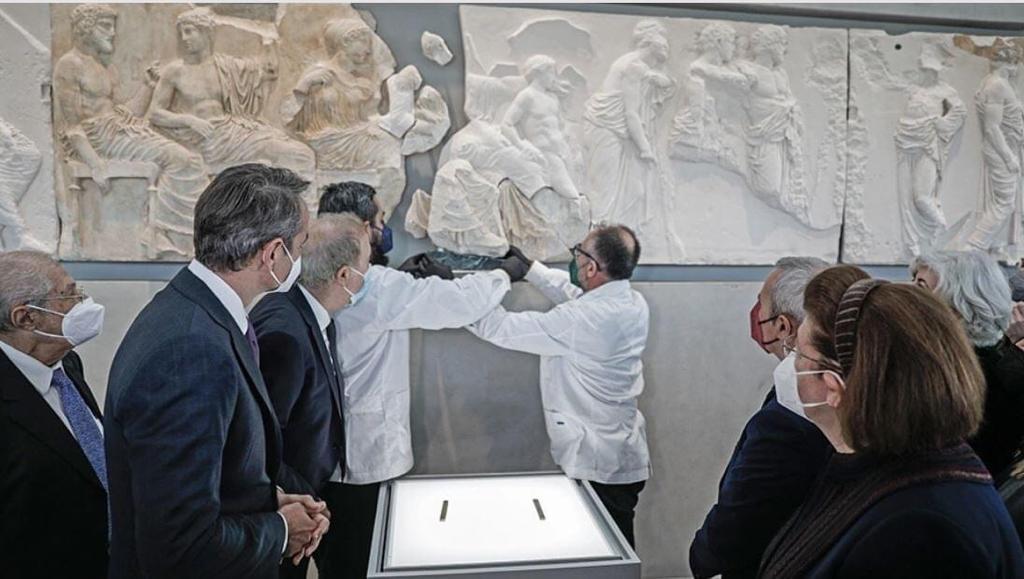
The UK, despite the monumental and significant Decision taken by UNESCO's ICPRCP last September continues to refuse to enter into negotiations for the reunification of the Parthenon Marbles. These sculptures are still divided and almost equally, as a result of the actions of Lord Elgin at the start of the 19th century, follwed in 1816, by the British goverment's acquisition of what Lord Elgin had stripped off the Parthenon. It is these sculptures, often referred to as 'Elgin Marbles', which remain in the British Mueum's Room 18, that are divided from those in the Acropolis Musem's top floor, glass walled Parthenon Gallery.
There was a time when the British Museum argued that the Parthenon sculptures would be better preserved in London. The cleaning with ammonia and copper brushes in the late 1930s left many in shock, not least in recent years images of water leaking in the Parthenon Gallery of the British Museum from a moss covered, flat glass roof.
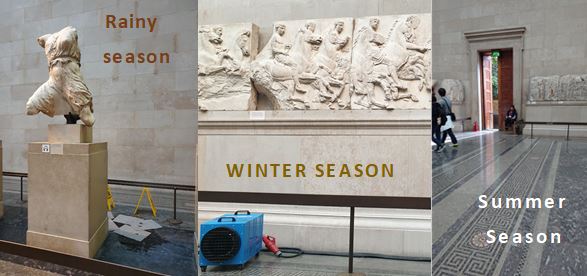
(BCRPM campaigners and protestors were shocked by the large heaters placed in Room 18 during recent protests pre pandemic, not least the Fire Exit door in Room 18, g left open for ventilation in the summer.)
Professor Louis Godard: "The Parthenon deserves its marbles"
'The Acropolis Museum, designed by Bernard Tschumi and co-financed by the European Union, is at the forefront of modern technology and architecture. It invites the return of these authentic pieces to their place of origin.'
A matter for two governments
During his official meeting with Prime Minister Boris Johnson, in Downing Street, on November 15, 2021, the Greek Prime Minister, Kuriakos Mitsotakis clearly stressed the importance and necessity of the reunification of the marbles. He insisted, like UNESCO's Intergovernmental Committee for Promoting the Return of Cultural Property to its Country of Origin at its 22nd session in September 2021, that this is a matter between governments and not only the responsibility of the British Museum.
Clarifying the Greek government's position, Mitsotakis proposed a "win-win" solution. The Greek authorities and museums would commit to lending other pieces of inestimable value to fuel a rotating temporary exhibition, in order to replace the Parthenon Marbles at the British Museum and thereby restore the UK's reputation for generosity and fairness. Especially since it is a unique symbol of European civilisation and the first democracy in the world.
The Hellenic Prime Minister appealed to Boris Johnson's philhellenism, to his intuitive understanding of the inseparable link between modernity and the heritage of ancient Greece. He also appealed to Johnson's vision of "global Britain", open to the world, pointing out that a beautiful proof of such a mentality would be the restitution of these Marbles.
The momentum that Mr Mitsotakis has given to the campaign for the reunification of the Marbles continues to support both the public opinion and that of the media in the United Kingdom. Indeed, not a day goes by without an article or a statement appearing in favour of the return of the Marbles to Athens.
(BCRPM would like to thank the raft of journalist that have written supporting the cause for over four decades, if not longer!)
A sign of The Times and renewed hope
This trend was confirmed by the leader article published in The Times on 11 January 2022: "The museum and the British government, supported by The Times, have resisted the pressure but time and circumstances have changed: the sculptures must return to Athens."
The Time made history suggesting a noble and generous gesture, which would release the marbles that are imprisoned in a dark and narrow gallery of the British Museum. And Rodin reminds us: "Not all electric lights have the strength to prevent them from eternally seeking Homer's sweet light."
Let us hope that, as at the time when Boris Johnson invited Minister Melina Mercouri [in 1986] to plead before Oxford's students for the return of marbles to Athens, the British Prime Minister will reaffirm his conviction that these timeless treasures, symbols of European culture and democracy, are destined to shine from the place of their origins.
The signatories: Hélène Ahrweiler, historian, former president of the Sorbonne and rector of the Paris Academy, president of the French Committee for the Reunification of the Parthenon Sculptures; Louis Godart, archaeologist and philologist, former advisor in charge of the conservation of artistic heritage to the Presidency of the Italian Republic, president of the Italian Committee for the Reunification of the Parthenon Marbles; François Roelants du Vivier, former Member of the European Parliament, Honorary Senator of Belgium, Co-President of the Luxembourg Committee for the Reunification of the Parthenon Sculptures; Dusan Sidjanski, political scientist at the Global Studies Institute, University of Geneva, founding president of the Swiss Committee for the Return of the Parthenon Marbles; Christiane Tytgat, archaeologist, president of the Belgian Committee for the Reunification of parthenon sculptures, president of the International Association for the Reunification of Parthenon Sculptures; Patricia van Gene-Saillet, Secretary of the Swiss Committee for the Return of the Parthenon Marbles.
To read the original article in French, follow the link to Le Monde here.

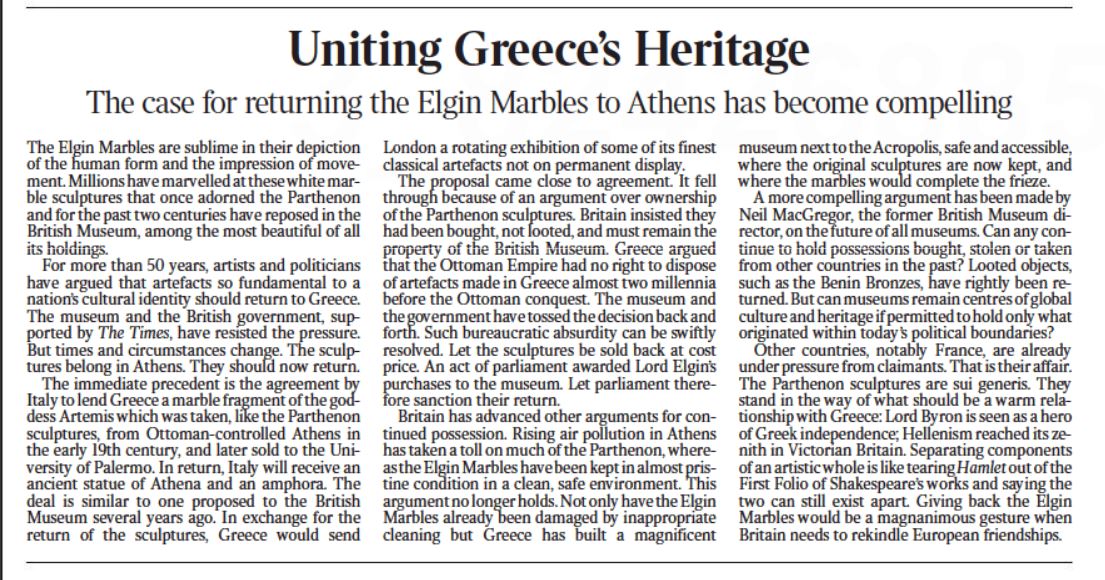
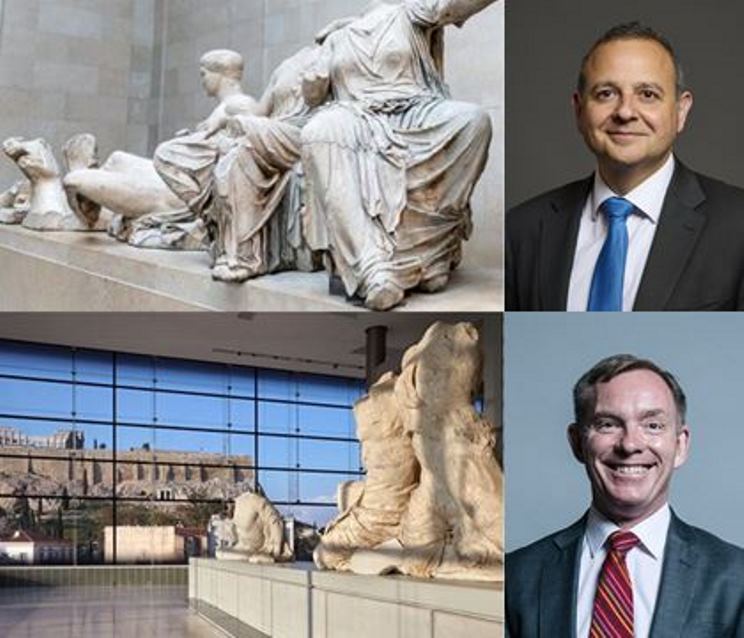
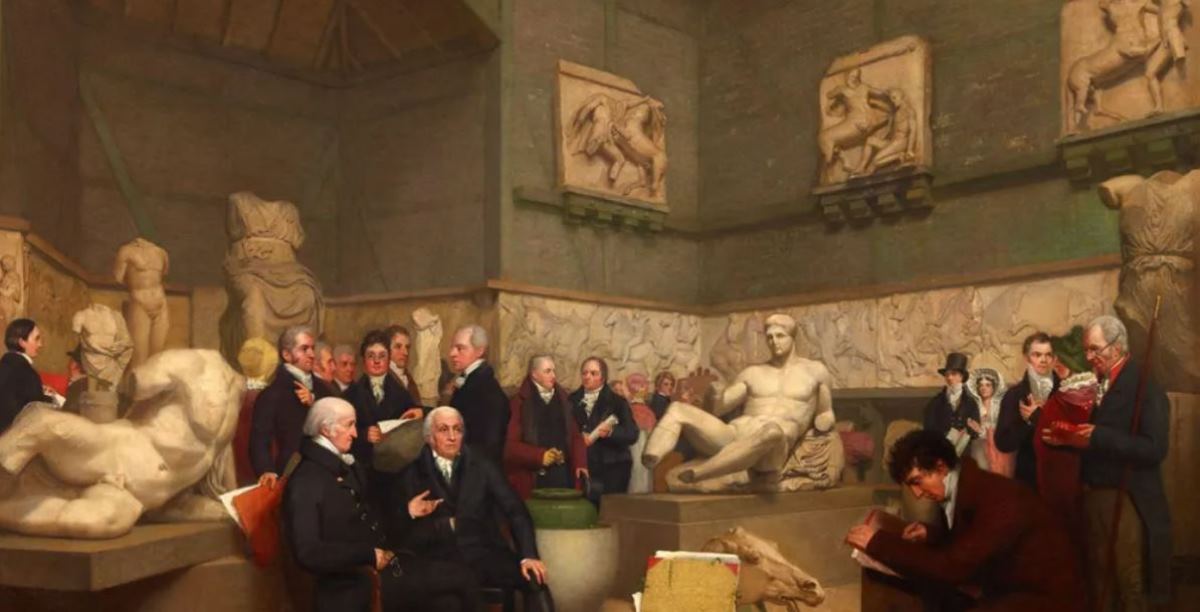

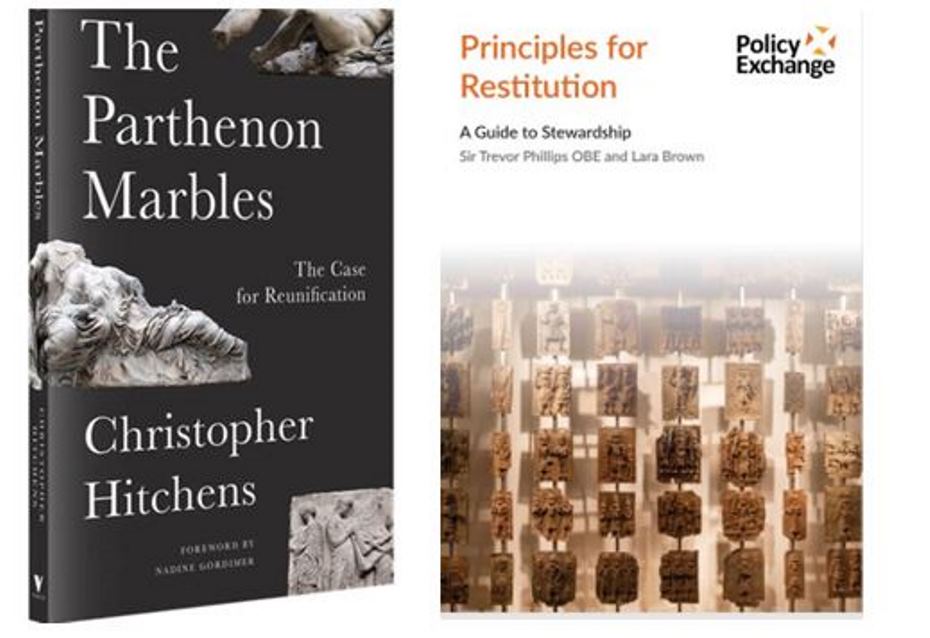
Comments powered by CComment